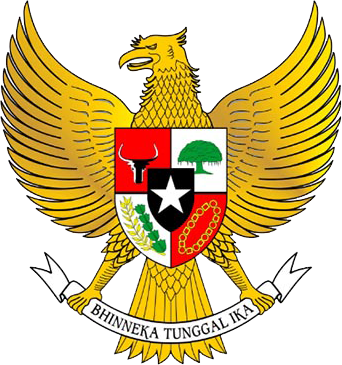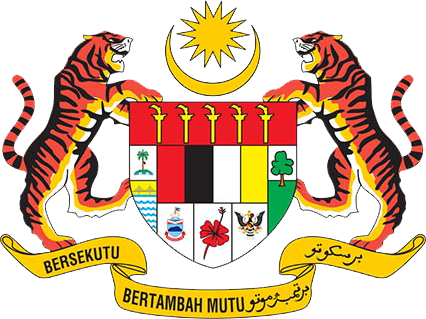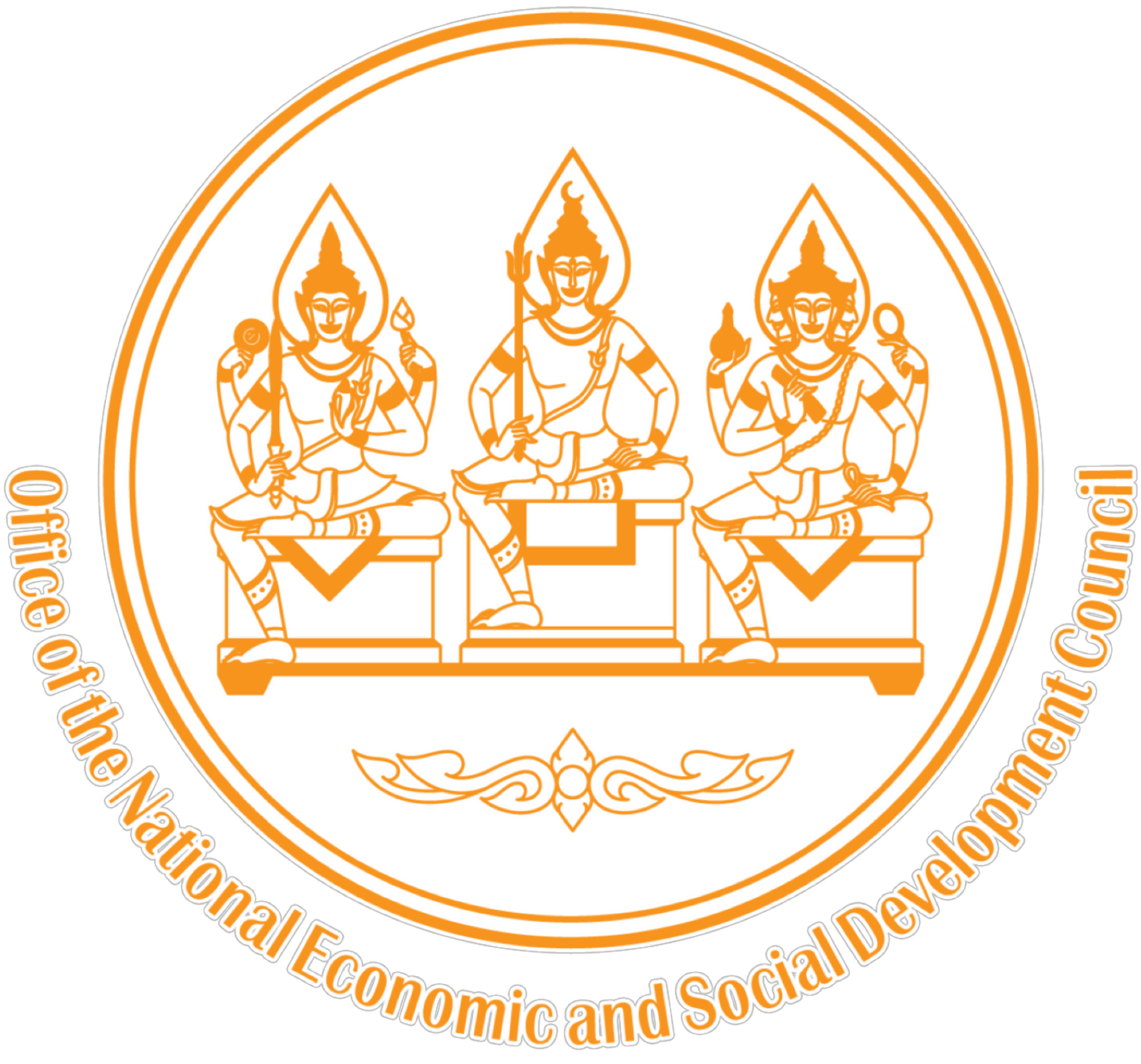ABOUT CIMT
- INTRODUCTION
The Leaders of Indonesia-Malaysia-Thailand Growth-Triangle (IMT-GT) held their First Summit in December 2005 in Kuala Lumpur, Malaysia, with the view to re-invigorate IMT-GT by calling for a blueprint to chart the development for the coming five years. Within two years, IMT-GT launched its Roadmap for Development 2007-2011: Building a Dynamic Future.
Critical to meet the challenges ahead, the Leaders further decided at the 2nd IMT-GT Summit in January 2007 in the Philippines, to establish a coordinating and monitoring centre for IMT-GT. The Centre for IMT-GT Subregional Cooperation (CIMT) was officially established in August 2007 through the goodwill and sponsorship of the Malaysian Government in hosting and according it an International Organisation status.
On 25 April 2013, it marks the first historical milestone towards a full-fledged secretariat for the IMT-GT by the signing of the Agreement on the Establishment of The Centre for IMT-GT Subregional Cooperation (CIMT) by three Leaders of Indonesia, Malaysia and Thailand. CIMT based in Malaysia with its operations funded equally by all three member countries.
CIMT’s arch binding objective is to accelerate sub-regional cooperation by providing a more cohesive institutional structure to coordinate and facilitate projects. More specifically, CIMT’s mandate are to:
- Strengthen coordination mechanisms and consultation processes among IMT-GT institutions in the subregion as well as provide institutional framework to support public and private sector activities;
- Improve facilitation and implementation of priority projects, as well as monitoring and evaluations of projects and agreements;
- Establish and enhance external relation with potential investors and donors; and
- Develop useful databases of IMT-GT activities and enhance information dissemination within and outside the subregion.
CIMT, as a central secretariat of IMT-GT, will provide support to Member Countries’ National Secretariats in the preparation and organising of official meetings; viz-a-viz the Leaders’ Summit, the Ministers’ Meeting, Senior Officials’ Meeting, and Working Groups Meetings. It will also provide assistance in the monitoring and coordination of follow-up actions with member Governments and their respective ministries and agencies.
Working closely with IMT-GT’s private sector, the Joint Business Councils (JBC), CIMT acts as a nodal for interaction with external investors, potential donor agencies, and development partners. The Asian Development Bank (ADB), IMT-GT’s key development partner, actively supports IMT-GT especially in the area of economic research and developmental studies, technical advice and financial assistance. An exemplary flagship project initiated by CIMT and ADB “IMT-GT Trade, Investment and Tourism Database (ITITD)” would provide a tool for qualitative and quantitative assessment of progress in trade and investment cooperation. The information database will be critical in establishing a platform to support analytical studies of strategic trade flows and investments in the subregion
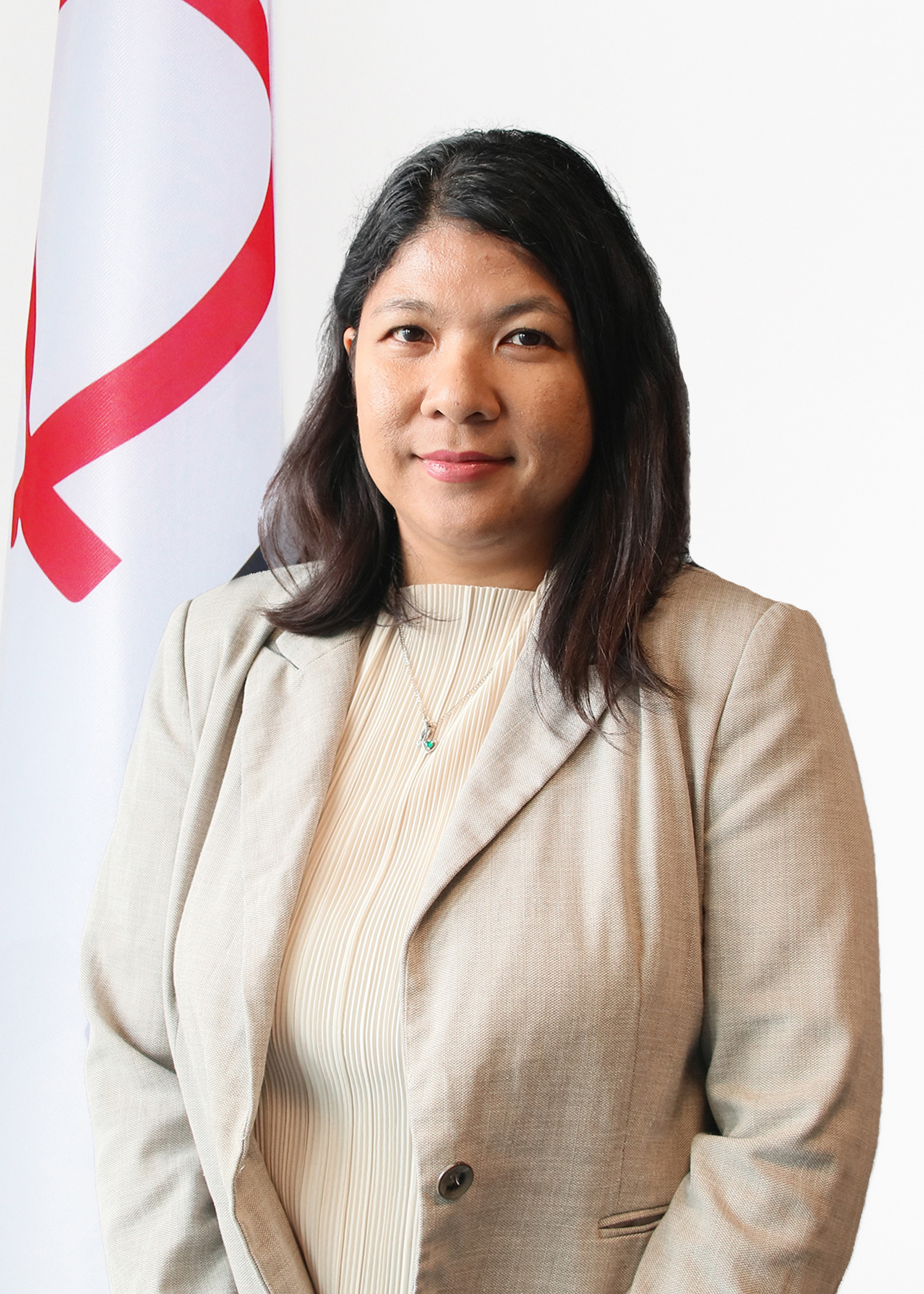
DUANGRUETAI SURASAKJINDA
DEPUTY DIRECTOR OF CIMT
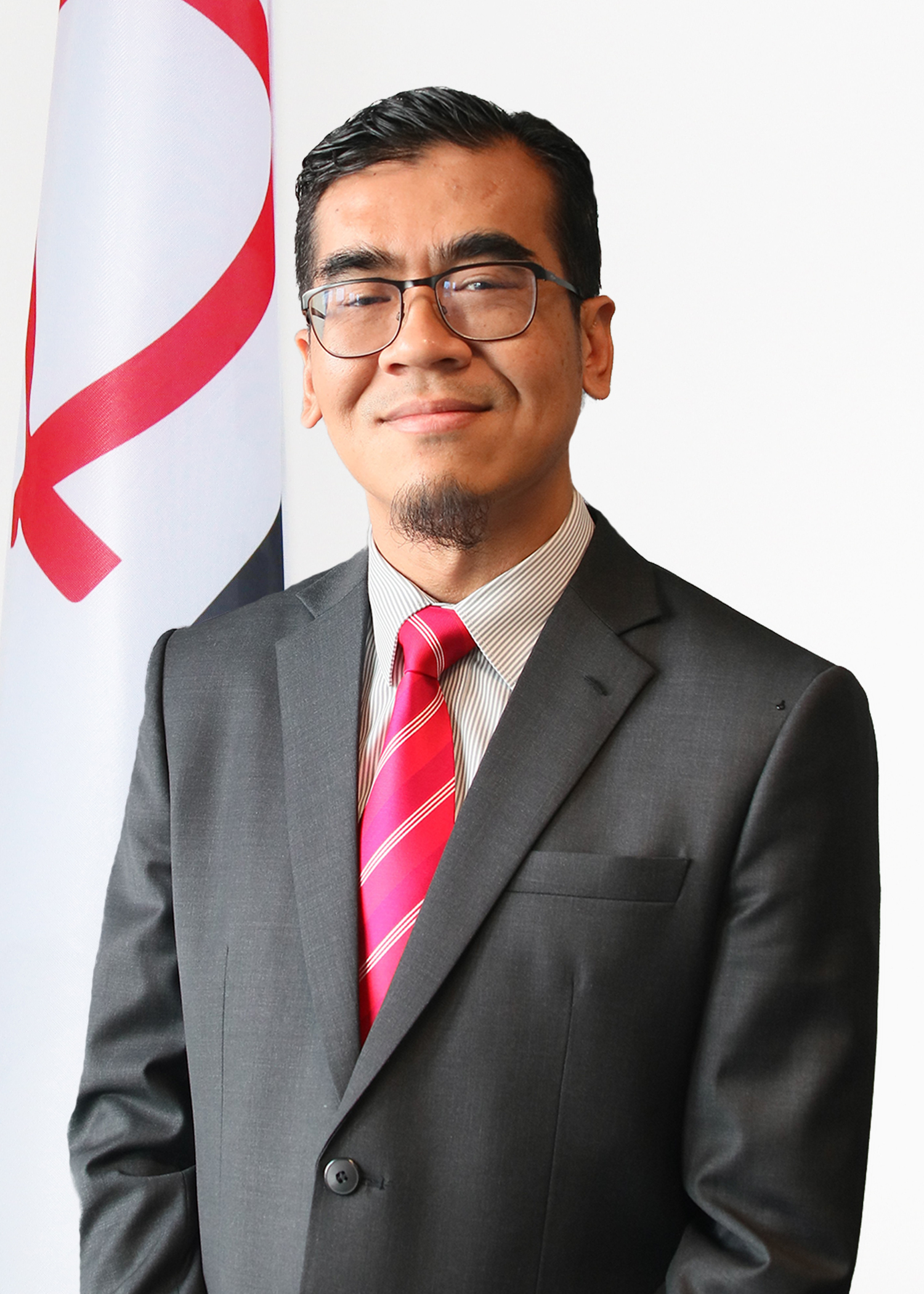
AMRI BUKHAIRI BAKHTIAR
DIRECTOR OF CIMT

-
DEPUTY DIRECTOR OF CIMT
- CIMT MISSION & VISION
Commitment to Excellence
IMT-GT is a sub-regional cooperation initiative formed by the governments of the three countries in 1993 to speed the economic transformation in their least-developed provinces. The cooperation further seeks to promote the welfare and economic growth of the people living in the areas covered by the IMT-GT.
The IMT-GT currently consists of 14 provinces in Southern Thailand (Krabi, Nakhon Si Thammarat, Narathiwat, Pattani, Phattalung, Satun, Songkhla, Trang, Yala, Chumphon, Ranong, Surat Thani, Phang Nga and Phuket), 11 states in Malaysia (Johor, Kedah, Kelantan, Melaka, Negeri Sembilan, Pahang, Penang, Perak, Perlis, Selangor and Terengganu) and 10 provinces in the island of Sumatra in Indonesia (Aceh, Bangka-Belitung, Bengkulu, Jambi, Lampung, North Sumatra, Riau, Riau Islands, South Sumatra, andWest Sumatra).
The IMT-GT economy is on the upswing with gross domestic product (GDP). Data shows that GDP per person in IMT-GT is higher than in the Asean region and is still increasing, while the unemployment rate and poverty incidence is declining. CIMT would contribute significantly in ensuring effective delivery of IMT-GT programmes and projects.
CIMT’s objective is to accelerate sub-regional cooperation by providing a more cohesive institutional structure to coordinate and facilitate projects.
Among its specific mandates are to strengthen coordination mechanisms and consultation processes among IMT-GT institutions in the subregion as well as provide an institutional framework to support public and private sector activities apart from improving facilitation and implementation of priority projects and monitoring and evaluations of projects agreements
- OUR PARTNERS
ADB has been involved in the IMT-GT program since its inception and has been a Regional Development Partner since 2007. IMT-GT distinguishes itself from other regional cooperation initiatives supported by ADB in that:
it is a grouping of sub-national entities; the private sector participates as an equal member; it has a permanent secretariat, the Centre for IMT-GT Subregional Cooperation (CIMT) funded by its members; and it focuses on fostering not only overland trade and transport but rather a full array of multi-modal transport links.
ADB has been a long-term supporter of the IMT-GT as its Regional Development Partner. Technical support includes: IMT-GT Vision 2036 and Implementation Blueprint 2017-2021. The Leaders have adopted an Implementation Blueprint 2017-2021 (under the IMT-GT Vision 2036) at the 10th IMT-GT Summit on 29 April 2017 in Manila, Philippines. A pipeline of Priority Connectivity Projects estimated at US$47 billion was also endorsed. The IMT-GT’s Vision is to become an integrated, innovative, inclusive and sustainable subregion by 2036.
ADB will support the implementation of the IMT-GT Vision 2036 in close collaboration with the working groups, national secretariats, the Centre for IMT-GT Subregional Cooperation (CIMT) and other subregional mechanisms.
Further details : adb.org
The Association of Southeast Asian Nations, or ASEAN, was established on 8 August 1967 in Bangkok, Thailand, with the signing of the ASEAN Declaration (Bangkok Declaration) by the Founding Fathers of ASEAN, namely Indonesia, Malaysia, Philippines, Singapore and Thailand. Brunei Darussalam then joined on 7 January 1984, Viet Nam on 28 July 1995, Lao PDR and Myanmar on 23 July 1997, and Cambodia on 30 April 1999, making up what is today the ten Member States of ASEAN.
Further details : asean.org
NCIA was established under the Northern Corridor Implementation Authority Act 2008 (Act 687) as the authority responsible for providing direction and devising policies and strategies in relation to socioeconomic development in Northern Corridor Economic Region.
Further details : koridorutara.my
The East Coast Economic Region Development Council (ECERDC) is a statutory body established to spearhead the socio-economic development of the East Coast Economic Region (ECER).
ECERDC plays a lead role in setting directions, formulating policies and developing strategies for the socio-economic development of ECER by promoting and facilitating investments into the Region. The ECER of Malaysia covers Kelantan, Terengganu, Pahang and the district of Mersing in Johor. It occupies an area of 66,000 sq km or 51% of the total area of Peninsular Malaysia. Five key economic clusters, namely Manufacturing, Oil, Gas & Petrochemicals, Tourism, Agriculture and Human Capital Development will drive the development of ECER in line with the Government Transformation Programme (GTP) and Economic Transformation Programme (ETP).
The ECER Master Plan, approved by the Government in 2008, was formulated as a basis to guide the development of ECER until 2020. It identifies projects and programmes to reduce regional socio-economic disparities, eradicate poverty and improve income and wealth distribution in a sustainable manner.
Further details : ecerdc.com.my
ICLEI is the leading global network of 1,500+ cities, towns and regions committed to building a sustainable future. Through our collective efforts, we impact more than 25 per cent of the global urban population.
Local and regional governments across the ICLEI network work alongside a diverse team of global experts in 22 offices active across 124 countries. Together, we address the local impacts of unprecedented global change, from climate change to urbanization, aiming for urban development to have the least possible impact on global systems and to build communities that are people-centred and equitable.
ICLEI firmly believes that sustainable cities are the foundation of a more just and sustainable world. We are doing our part to make urban sustainability an inextricable part of all development at the subnational, national and global levels.
Further details : iclei.org


